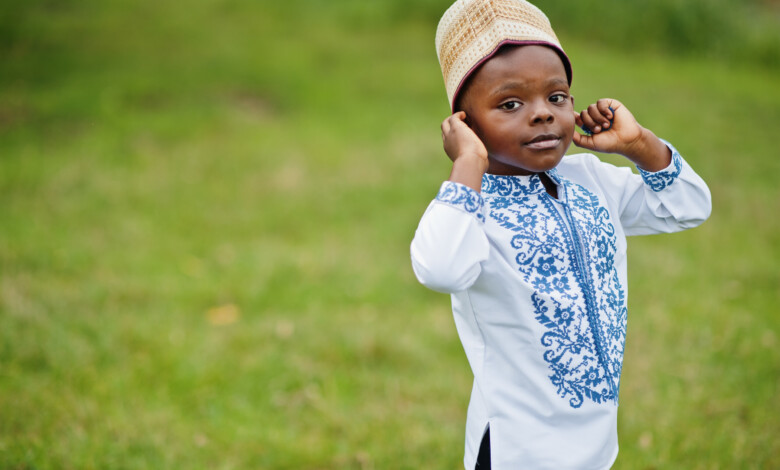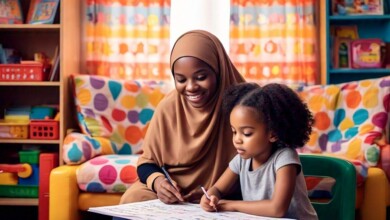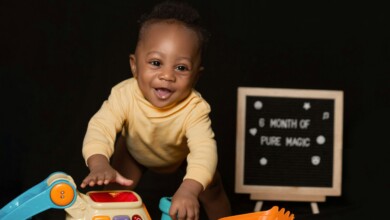The hidden teachings of our homes: Unspoken lessons, lasting impact

Janat Yahaya Naggolola – Parenting Coach
Assalam alaykum warahmatullahi wabarakatuh
Before a child learns from books, teachers, or screens, they have already graduated from the university of the home as they absorb the language, values, and rhythms of the home.
The parents are the curriculum developers, the teachers and the facilitators in this school.
The most influential curriculum is not taught in classrooms. It’s lived. It’s modelled. And it’s quietly internalized in the early years when no one is watching.
This is the hidden curriculum, the powerful, often unnoticed environment in which our children’s character is formed.
The hidden curriculum means the unspoken and implicit lessons that children absorb in the home through our habits, tones, priorities, and responses.
While parents may focus on instructing children verbally, it is the behavioural consistency they witness that truly shapes their values.
This is echoed by scholars like Imam Al-Ghazali, who stated:
“A child’s heart is like a pure jewel. Whatever you carve into it, it will accept.”
This highlights that early influences are lasting, and that parents are the foremost sculptors of their children’s moral and spiritual foundation.
One mother frequently tells her children not to use harsh words or argue with each other. However, in moments of stress, they observe her shouting at their father or belittling others over the phone.
Despite her instructions, her children begin to mirror her emotional responses, because what they see overrides what they’re told.
This is not a failure in parenting, it’s a reminder that consistency in example is more impactful than consistency in speech.
Without realizing it, our homes teach lessons about:
How we treat others:
Do we model kindness, fairness, and dignity in everyday conversations?
Children are observing. Even silence is a lesson. Even absence is a message.
How can we build a positive home Curriculum?
Whether it’s Salah, emotional regulation, or truthfulness, children learn through imitation. Your lifestyle is their manual.
Anchor family life around regular acts of ibadah, storytelling from the Qur’an and seerah, and gratitude rituals that build identity and spiritual grounding.
Children remember how you made them feel, not your checklist. A few minutes of intentional presence outweighs hours of distracted multitasking.
When you make a mistake, apologize. When emotions run high, model repair. This builds trust and moral clarity in the home.
Homes that are free from constant shouting, criticism, or sarcasm allow children to develop a sense of worth, stability, and spiritual confidence.
Our beloved Prophet Muhammad (peace be upon him) was the ultimate teacher of the hidden curriculum. He did not simply instruct, he exemplified.
In every gesture, silence, smile, and response, he taught his companions and family what it means to live with mercy, patience, and integrity.
His home was the training ground for spiritual excellence, emotional resilience, and moral clarity.
At MYND Your Child, we help parents uncover and transform the hidden curriculum of their homes. Through our programs, coaching, and resources, we guide families to:
The question is, what is it teaching?
Let’s make every moment count. Let’s be deliberate in what we model, what we reinforce, and what we normalize.
The most powerful lessons… are the ones we never say out loud.






